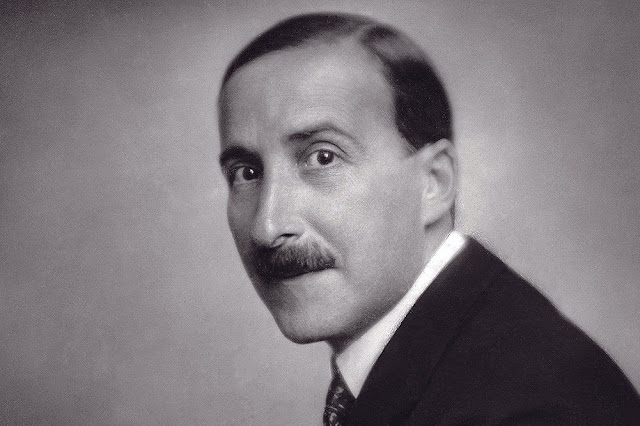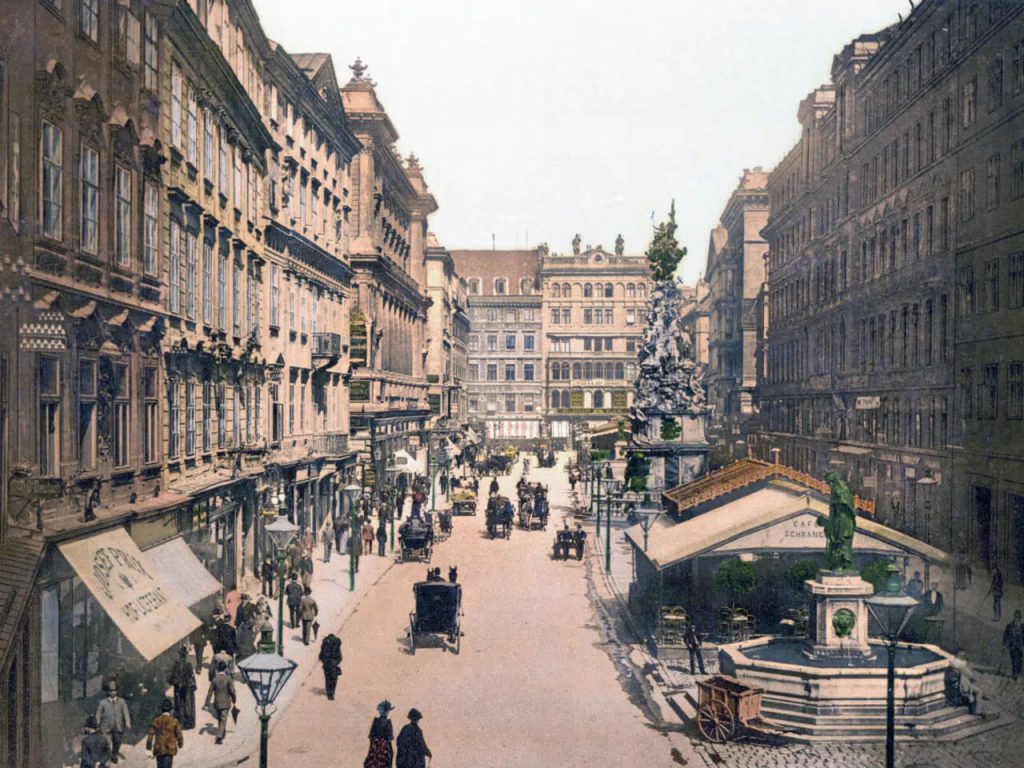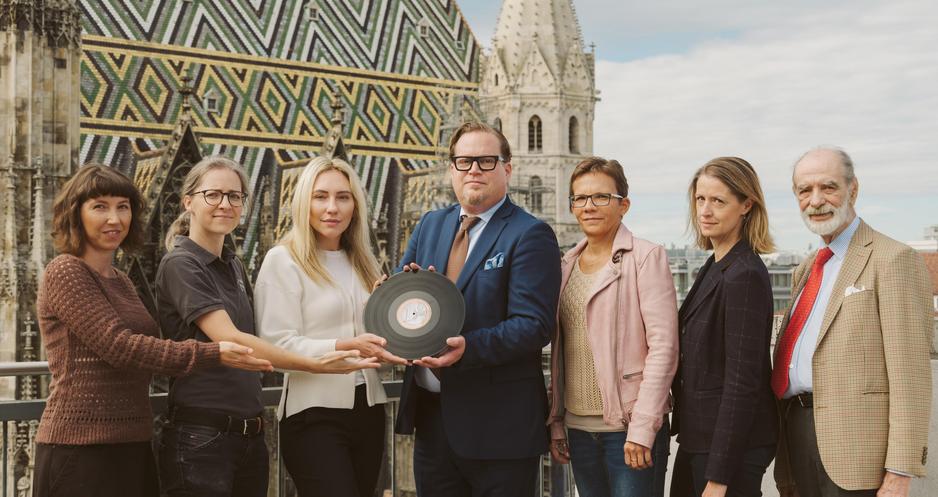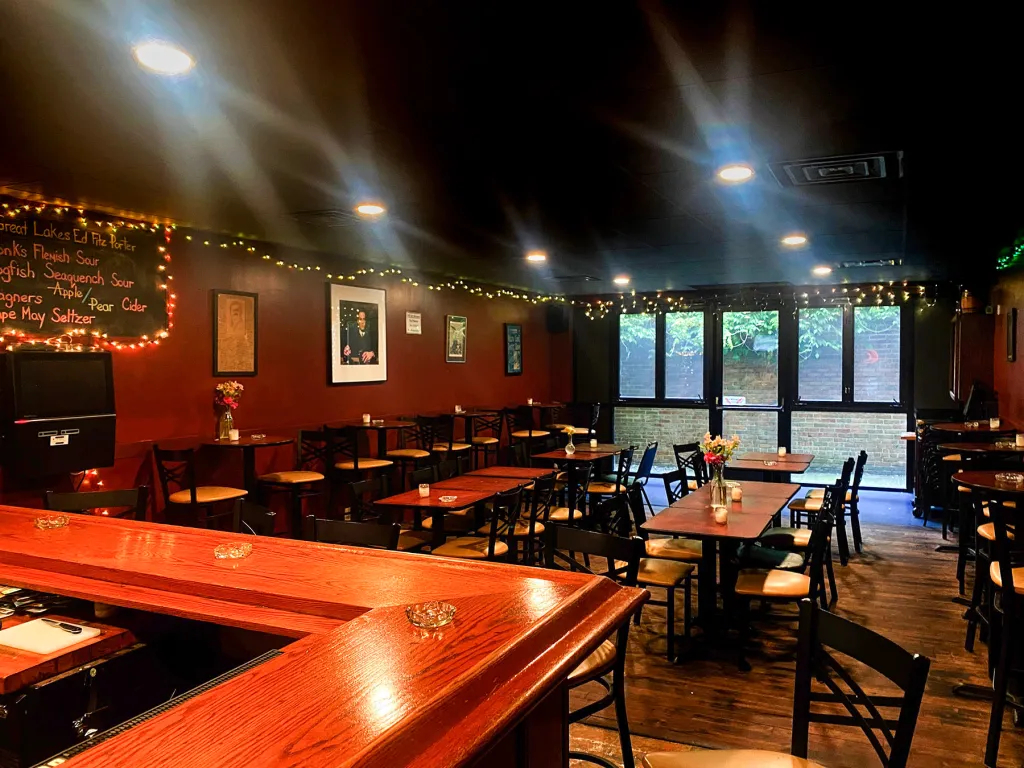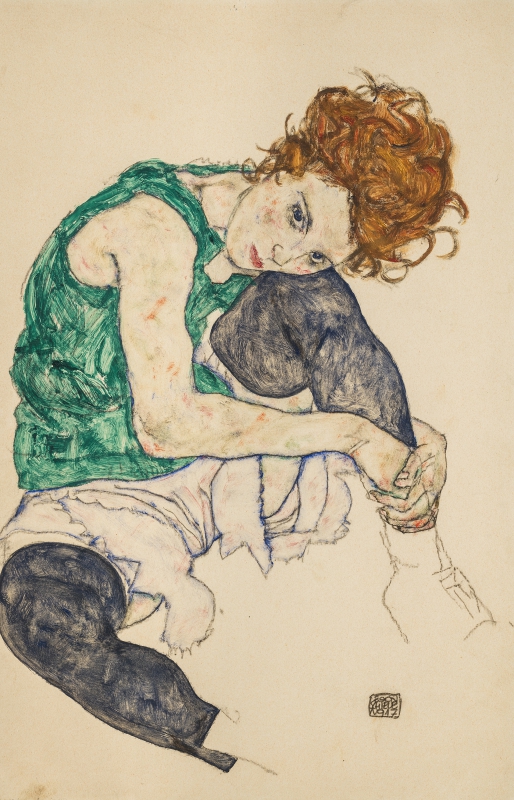
Opening tomorrow, March 28, at Vienna’s Leopold Museum, Egon Schiele: Last Years provides a comprehensive overview of Schiele’s work from 1914-1918 — the First World War — following the radically aggressive and discordant work of his earlier career. I’ve always been rather more fond of this late work; one of my favorite Schiele drawings, “Sitzende Frau mit hochgezogenem Knie,” dates from 1917. Unlike the early work, Schiele’s later art consists of rather less sensational landscapes and portraits, but to me they seem to exhibit a more compassionate perspective without sacrificing the sensuality of that early work: the erotics of the body shade into an erotics of the spirit.
The exhibition, per the Leopold Museum’s web site,
weaves together biographical and artistic elements, focusing on the ruptures and transformations in Egon Schiele’s “late works” from 1914 to 1918, a period that has received comparatively little attention until now. During this time, Schiele gradually abandoned the radical formal experiments of 1910 to 1914 and developed a more realistic style characterized by deeper empathy. His linework became calmer, more fluid, and organic, and the figures he depicted gained greater physical fullness. The exhibition also offers new insights into this pivotal period by incorporating contemporary archival materials, such as the previously unpublished diary of Edith Schiele.
The exhibition runs through July 13. There is a digital exhibition here, and the catalogue is available here. A short teaser trailer is below.

